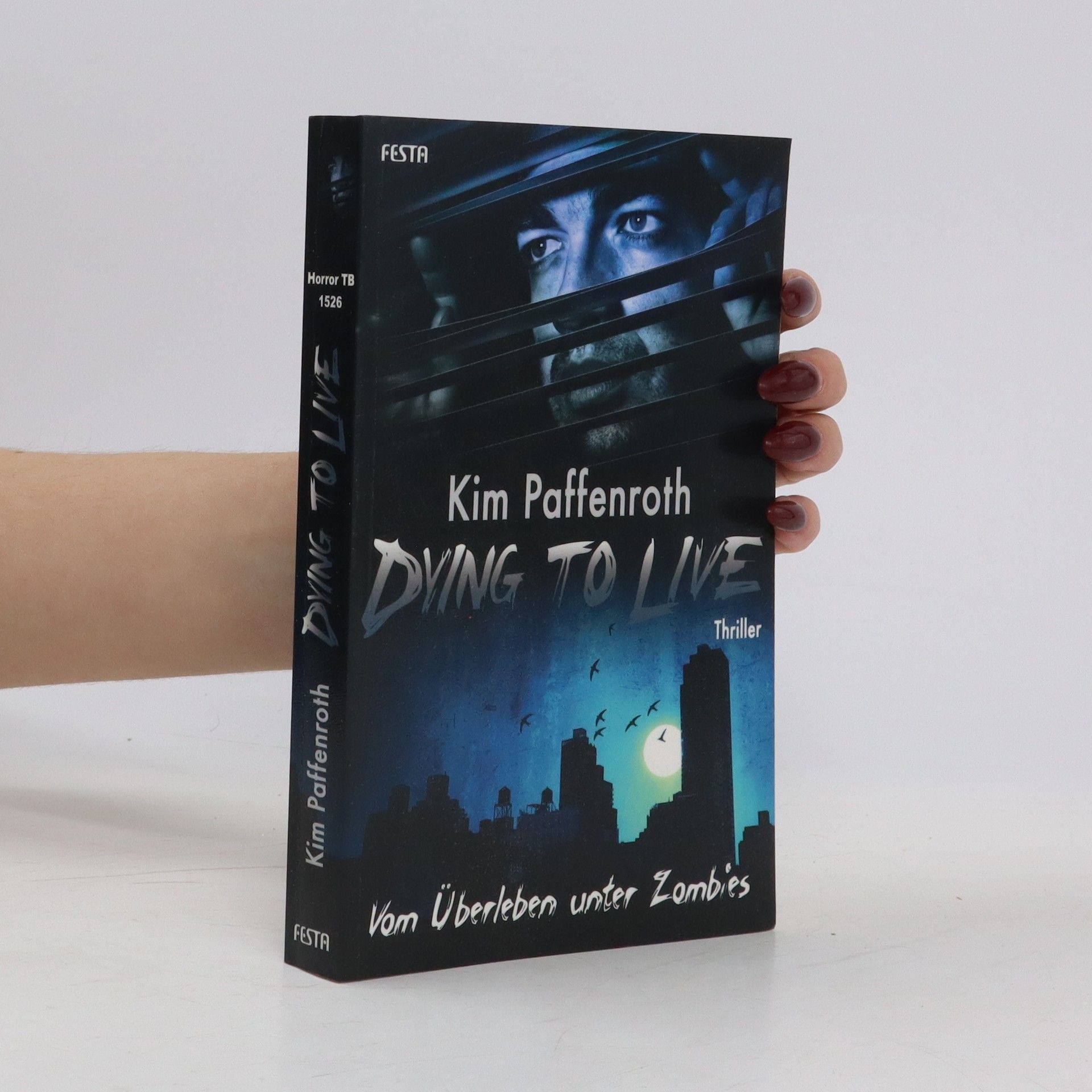In einer von Zombies bevölkerten Welt lebt Jonah Caine allein, bis er eine Gruppe Überlebender trifft. Gemeinsam schaffen sie einen kleinen Frieden, doch gnadenlose Menschenjäger bedrohen sie. Jonah erkennt, dass die wahre Gefahr oft von Menschen ausgeht. Ein packender und brutaler Zombie-Thriller.
Kim Paffenroth Bücher
Dieser Autor befasst sich mit biblischen und theologischen Themen, wobei seine Werke tiefere Bedeutungen der Religion erforschen. Sein Ansatz kombiniert akademische Analyse mit fesselnder Erzählung und bietet den Lesern eine einzigartige Perspektive auf Glauben und seine Erscheinungsformen. In seinen Schriften konzentriert sich der Autor auf die Untersuchung der menschlichen Verfassung durch religiöse und philosophische Konzepte. Seine Arbeit regt zum Nachdenken über die beständigen Fragen der Existenz an.


Augustine's Confessions and Shakespeare's King Lear are two of the most influential and enduring works of the Western canon or world literature. But what does Stratford-upon-Avon have to do with Hippo, or the ascetical heretic-fighting polemicist with the author of some of the world's most beautiful love poetry? To answer these questions, Kim Paffenroth analyses the similarities and differences between the thinking of these two figures on the themes of love, language, nature and reason. Pairing and connecting the insights of Shakespeare's most nihilist tragedy with those of Augustine's most personal and sometimes self-condemnatory, sometimes triumphal work, challenges us to see their worldviews as more similar than they first seem, and as more relevant to our own fragmented and disillusioned world.